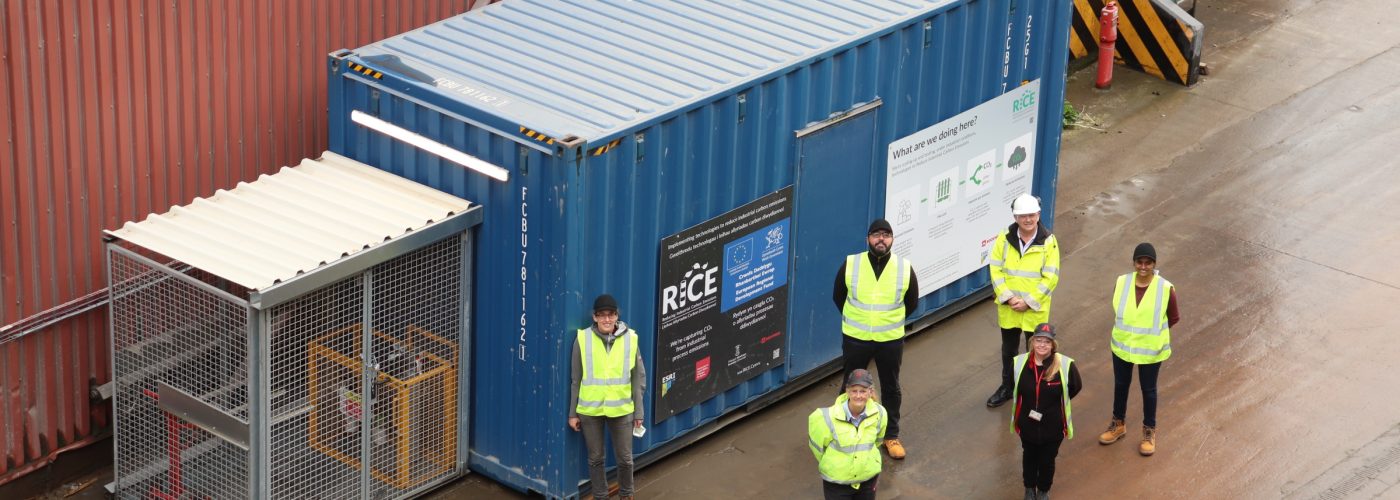ROCKWOOL has entered a research partnership with Swansea University to develop CCUS technology
ROCKWOOL has announced it is partnering with the Energy Safety Research Institute (ESRI) at Swansea University to research the capture of carbon dioxide. Researchers are aiming to develop new carbon capture, utilisation, and storage (CCUS) technologies that can assist the UK in achieving net zero carbon emissions by 2050.
Researchers at ESRI have been working on a process called Pressure Swing Adsorption to separate carbon dioxide from a mixture of gases. To date, this has been shown to work under laboratory conditions and so the next step is to investigate how it works in a real-life industrial process.
Over the next 12 months, researchers will be experimenting with different adsorbent materials and operating conditions to determine the most effective method for removing carbon dioxide. Isolating carbon dioxide from a mixed gas stream is an important step in developing opportunities for use or long-term storage.
Darryl Matthews, Managing Director of ROCKWOOL UK, said: “Alongside ROCKWOOL membership of the South Wales Industrial Cluster, I am delighted we’re partnering with Swansea University to pilot new technology designed to capture CO2 emissions and are excited about its potential in supporting the drive to net zero.”
The demonstration unit is being developed as part of the £11.5m Reducing Industrial Carbon Emissions (RICE) project which has been part-funded by the European Regional Development Fund through the Welsh Government and is aimed at the deployment of industrial scale demonstrations of new technology.
Darryl continued: “Taking these important steps to understand how we can develop CCUS technology further is another important piece of the decarbonisation puzzle for us as a business. ROCKWOOL has long been committed to operating sustainably and, in December 2020, announced commitments to accelerate the decarbonisation of our business, with specific long-term targets verified and approved by the Science Based Targets initiative.”
Professor Andrew Barron the Principal Investigator of the RICE project summarised the achievement: “With 2050 arriving fast, the time for research is over, it is imperative to get new technology onto industrial sites in order to demonstrate viability. Partners such as Rockwool are vital in achieving this goal.”
In 2020 the ROCKWOOL Group announced ambitious, science based global decarbonisation targets that have been verified and approved by the Science Based Targets initiative (SBTi). The targets, which supplement existing sustainability goals, amount to an ambitious one third reduction of the ROCKWOOL lifecycle (Scope 1, 2 and 3) greenhouse gas emissions by 2034 while at the same time continuing the reduce the carbon intensity of production.
These commitments build on the manufacturer’s existing status as a net carbon negative company, in that over the lifetime of its use, the building insulation ROCKWOOL sold in 2021 will save 100 times the carbon emitted in its production.





